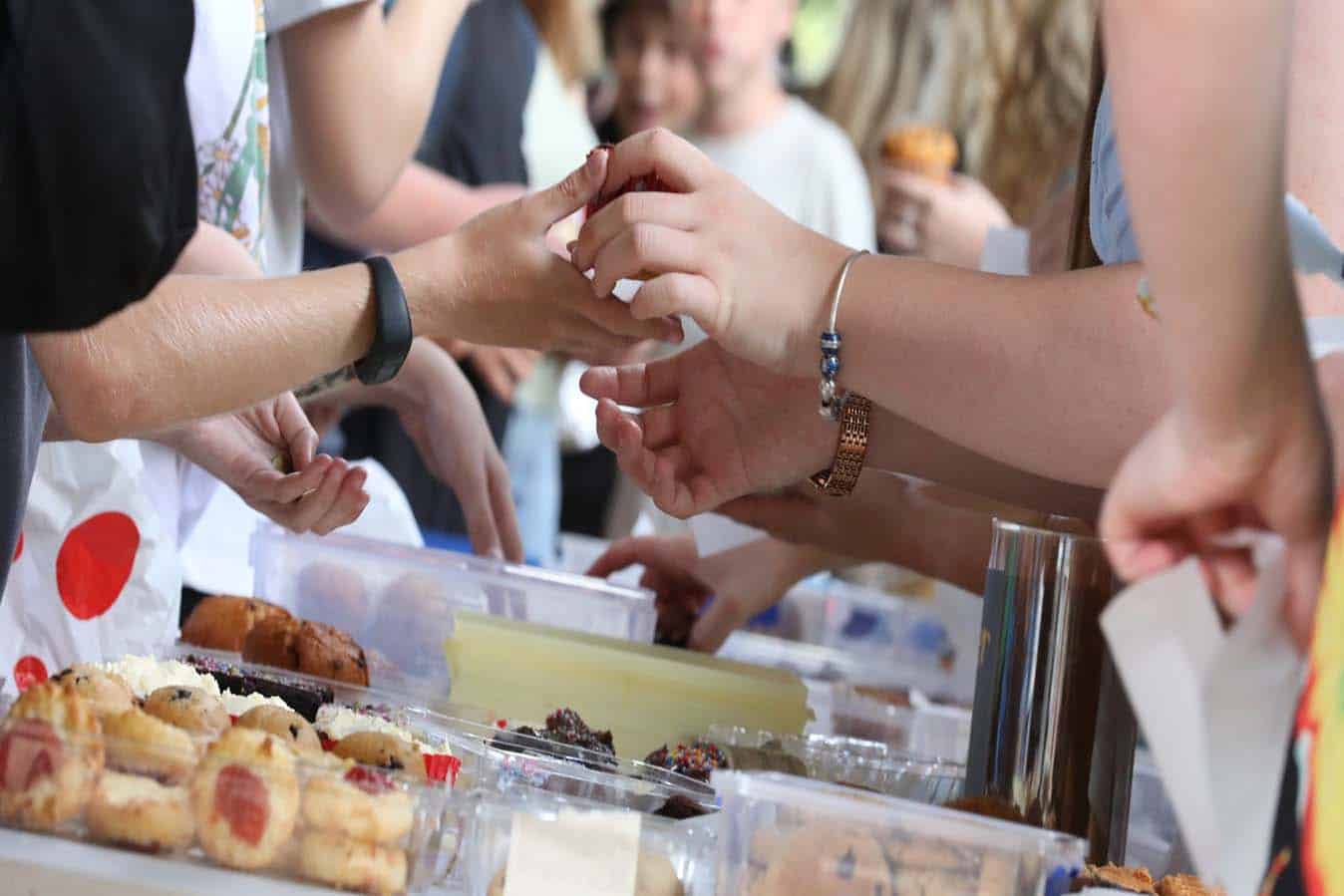Social cohesion in Australia increased during the pandemic but is now declining due to a weaker sense of national pride and concerns over growing economic inequality.
The findings are from the Mapping Social Cohesion 2022 survey conducted by researchers at the Australian National University (ANU) as part of a new partnership with the Scanlon Foundation Research Institute.
Australians’ sense of belonging and connectedness in our neighbourhoods has been high and growing since the start of the COVID-19 pandemic, said lead researcher Dr James O’Donnell from ANU.
“During the height of the pandemic in 2020, Australians also reported higher levels of national pride and belonging, higher levels of trust in the federal government, a greater sense of social justice, and increased acceptance of people from different national and ethnic backgrounds.”
However, Australians’ sense of national pride, belonging, and social justice are declining and are now at their lowest levels since 2007, Dr O’Donnell said.
“The sense of social inclusion and justice in Australia has declined sharply since 2020. In 2022, social cohesion is lower than it was during the height of the pandemic.
“This has been driven by a renewed growth in the number of people who are concerned with economic inequality in Australia and a decline in our sense of national pride and belonging.
“We found that financial and cost of living pressures are strongly related to our sense of belonging and connectedness to each other, indicating that social and economic inequalities in Australia weigh down overall social cohesion.”
The proportion of Australians who strongly agree the gap in incomes is too large has increased from 31% in 2019 to 36% in 2022, the survey findings showed.
At the same time, the proportion who strongly agree that Australia is a land of economic opportunity where in the long run, hard work brings a better life has declined from 19% in 2019 to just 14% in 2022.
The findings pointed to key challenges for governments and policymakers, said ANU’s Professor Kate Reynolds.
“Social cohesion is a critical ingredient for individual and community wellbeing and a thriving democracy and can bolster community resilience to shocks such as economic downturns and disasters.
“COVID-19 has highlighted worldwide the importance of a strong social and political fabric. It is clear that understanding and strengthening social cohesion in times of stability is critical to successfully navigate crisis.”
The Scanlon Foundation’s Social Cohesion survey has been running since 2007. Read the full report and findings at the Scanlon Foundation Research Institute.








